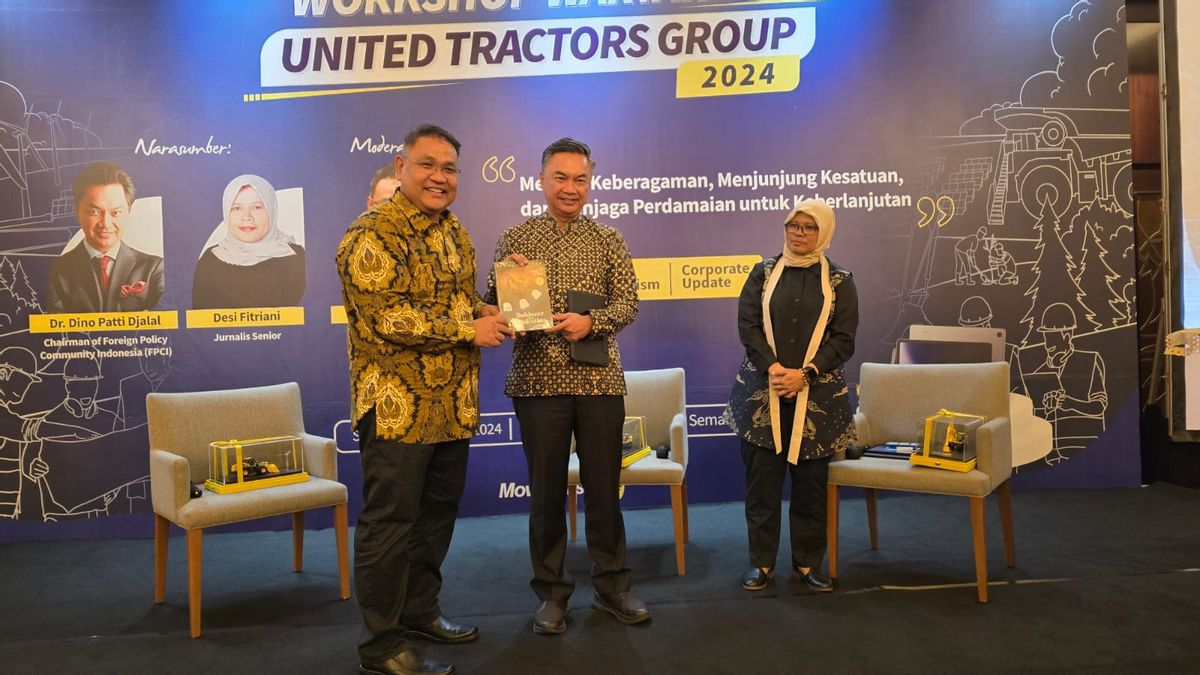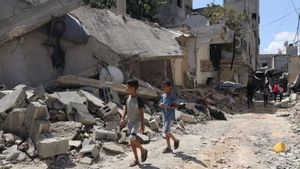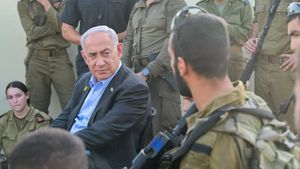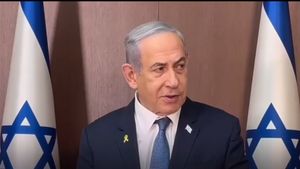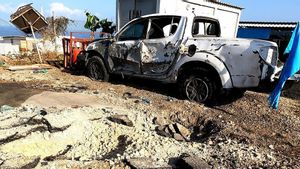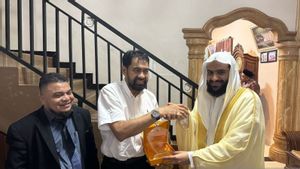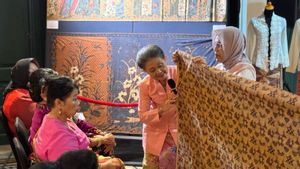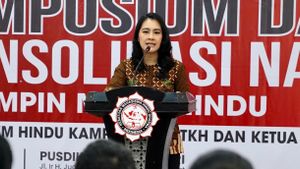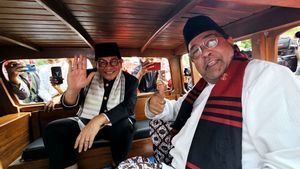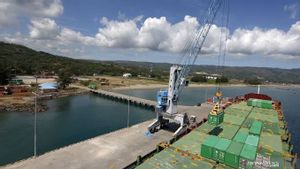SEMARANG Journalists have a crucial role in easing conflicts. However, if they are not careful, they can also worsen the situation. To ensure the peace message is delivered properly, journalists not only need intention and determination, but also adequate journalistic skills.
This message was in the spotlight in the Peaceful Journalism Workshop held by the United Tractors Group at the Tentrem Hotel, Semarang, Tuesday night, October 22, 2024. The event with the theme "Merajut Diversity, Meningjung Kesatuan, and Maintaining Peace for Sustainability" was attended by 50 journalists from the national and local media of Central Java.
The workshop was opened by United Tractors Corporate Secretary, Sara K. Loebis, and presented Ambassador Dino Patti Djalal and senior Metro TV journalist, Desi Fitriani. Teguh Santosa, Chairman of the Indonesian Cyber Media Network (JMSI), acts as a moderator.
Dino Patti Djalal started the discussion by describing seven important events in the history of Indonesian diplomacy, which show how this country managed to deal with conflicts, both at home and abroad. One example is Indonesia's success in gaining sovereignty over West Irian from the Netherlands in 1962 and peace efforts in Cambodia in 1991.
"I learned from Ali Alatas, he is a statesman who works for peace without seeking personal credit. The important lesson I learned was sincere dedication to peace," said Dino.
However, Dino also highlighted several cases that failed due to underprivileged preparation and inadequate follow-up.
Meanwhile, Desi Fitriani shared her experience covering conflicts in various regions, including Gaza, Palestine; Mindanao, Philippines; Timor Leste; Papua; and Aceh. He emphasized the importance of an in-depth understanding of the roots of the conflict and the actors involved.
"When covering the conflict, journalists must really understand the dynamics that occur. This is important so that the coverage generated can be more objective and informative," said Desi.
SEE ALSO:
Desi also reminded that covering the conflict often put journalists in a dilemma, because of the difficulty of maintaining neutrality in the midst of the interests of various parties.
Closing the discussion, Teguh Santosa highlighted the wrong perception in the coverage of the conflict, namely the assumption that the conflict must end in one party's victory.
"Residents need to remove this view and see conflicts from a more humane perspective. In addition, writing and reporting capabilities must also continue to be improved," said Teguh, who is also a lecturer in international relations at UIN Syarif Hidayatullah, Jakarta.
The English, Chinese, Japanese, Arabic, and French versions are automatically generated by the AI. So there may still be inaccuracies in translating, please always see Indonesian as our main language. (system supported by DigitalSiber.id)
